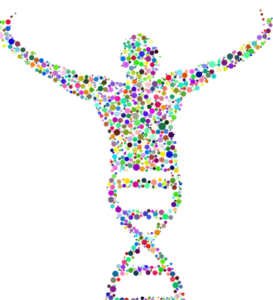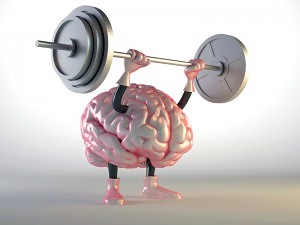How often do you engage in activities that require math and logic?
To many people, math and logic seem difficult, therefore, they try to avoid it as much as possible, however, activities that incorporate math and logic, regardless of your age, provide an immense amount of exercise for the brain.
It’s important to note that activities which require the use of math and logic provide an excellent workout for the brain. In addition, research studies show that this type of mental stimulation, on a regular basis, can even help prevent or slow down cognitive decline.
One research study published in the New England Journal of Medicine, showed reduced systems of dementia in those who engaged in brain stimulating activities on a daily basis. (By 63%!)
According to the research, any type of brain challenge done on a daily basis can improve brain function, memory, and even the capacity to reason.
Last, learning new information is a wonderful way to stimulate brain cell growth and build the brain’s cognitive reserve. A few examples are, learning a new language, studying a new subject, or learning how to play an instrument.
Building the brain’s cognitive reserve provides resistance, or resilience, to deterioration in the brain. This idea first highlighted as a significant consideration in the late 1980’s, when researcher’s discovered that the participants with highest cognitive reserves were less likely to display symptoms of dementia, even if they were diagnosed with a disease that included dementia as a primary symptom, such as Alzheimer’s.

